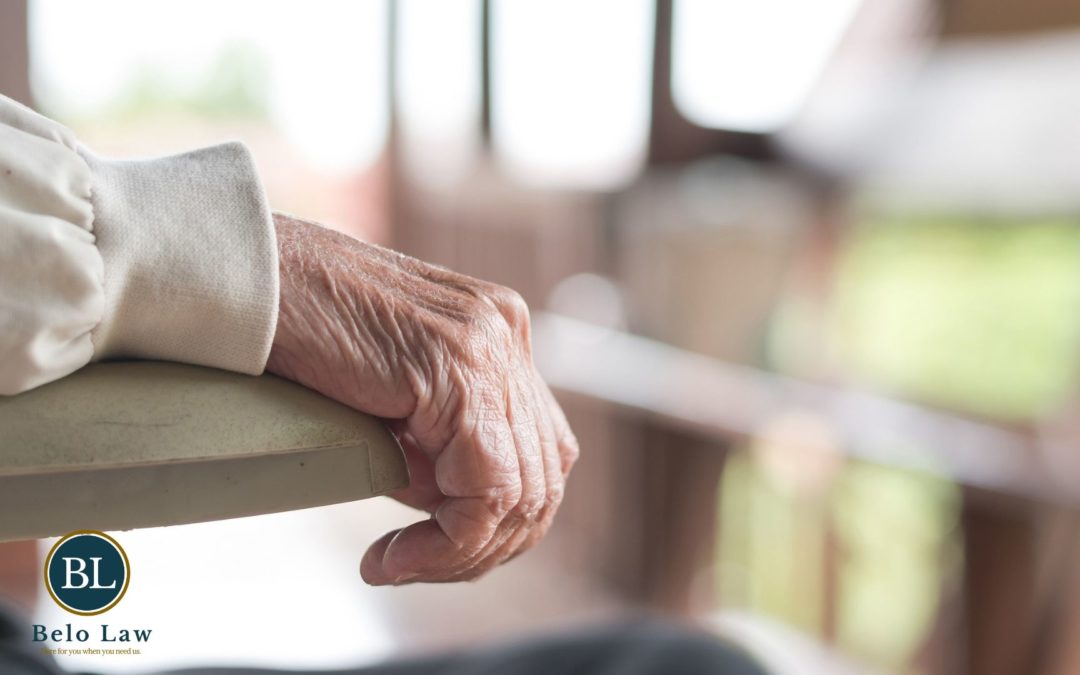
Every June 15th, multinational organizations, governments, and community members across the globe gather to observe World Elder Abuse Awareness Day. The initiative began in 2006 with the effort aiming to promote public education. The ultimate goal is that through education, together we can greatly reduce the abuse of vulnerable aging adults around the world.
In the United States alone, it is estimated that more than 5 million seniors are affected every year. Unfortunately, it is reported that over sixty percent of all harm is perpetrated by family members of aging Americans. Further, this same research shares that the abuse is often not reported because the senior does not want his or her loved one to come to harm.
In the spirit of World Elder Abuse Awareness Day, we want to share with you five basic facts you need to know about this important issue.
1. About one in ten older Americans are believed to be victims of abuse, according to the National Center on Elder Abuse. The abuse can be physical, psychological or sexual, and include neglect and financial exploitation.
2. In the majority of cases, abuse is perpetrated by known caregivers and other trusted individuals, including family, friends and paid care providers. Scammers and dishonest business practitioners also target older adults for financial reasons.
3. One of the main risk factors for abuse is isolation. A lack of access to support services and oversight resources can also be contributing factors, as are physical and mental disabilities. The common thread is that these circumstances make seniors more vulnerable. Stay connected to elder loved ones and make sure they are involved with others who care about them.
4. Physicians, medical professionals, nursing home and assisted living facility staff, and even banking employees are all typically required to notify authorities upon suspicions of abuse, per state mandatory reporting laws. Find out who else must report in your state, and build a healthy rapport with them on behalf of an elder loved one.
5. In Florida, we have specific reporting procedures. You may learn more by clicking this link. Further, if your loved one is in a skilled nursing facility, do not hesitate to contact a Long-Term Care Ombudsman. Remember, you do not need to prove anything for your claim to be taken seriously.
If you or someone you know suspects elder abuse, neglect or financial exploitation is occurring, do not wait to seek help. We know this article may raise more questions than it answers and encourage you to talk to us about this or any other elder care issue.
